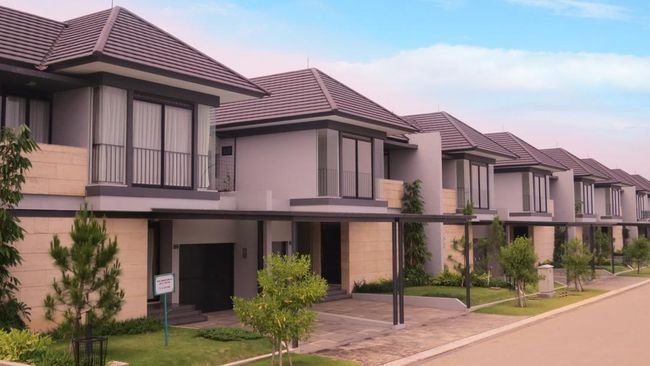The draft amendment to Law 139 on Higher Education, Science and Technology incorporates distance education, virtual and a hybrid that current legislation does not contemplate, for higher education institutions.
The virtual education It was adopted at a distance as a result of the COVID-19 pandemic and universities have not returned to face-to-face classes, despite the fact that all public and private sector institutions have returned to normal.
Article 60 of the proposal establishes that higher education institutions, according to their nature, will be able to teach in person in a specific space and time, with full agreement of teachers and students and can rely on the use of the technological means available.
Distance education, which will be the educational model characterized by synchronous and asynchronous or deferred interaction between the actors of the educational process who do not share the same space and time, facilitated by various means and technological resources, tools and applications that promote meaningful learning, autonomous, responsible and flexible.
Distance education may be virtual to allow the development of learning through the use of digital technologies, which generate, through a digital academic platform and virtual spaces for interaction and networks between students and teachers, and incorporate higher education benefits of information and communication technologies.
Blended or hybrid education that will combine face-to-face with the use of communication technologies and allows synchronous or asynchronous virtuality. It favors autonomous, critical and responsible learning. It is supported by the use of academic and multimedia platforms.
It also seeks to establish open education in the law, which would be a flexible one, mediated by information and communication technologies, which includes different forms of openness, place, time, curricular content, forms and styles of learning, of entry of the students, of rhythm to learn.
According to the proposal prepared by a special commission, in open education there is also flexibility regarding the types of evaluation to be used to assess the development of knowledge, abilities and skills and there is some participation of the student in the course of their training professional.
If approved, it would provide that for a higher education institution to offer academic training programs in a modality other than that approved, it must submit the documentation to Mescyt, for evaluation and approval purposes, following the established procedure.
Modalities will be evaluated
The Mescyt will establish, through regulations, the indicators to evaluate the different modalities mentioned above, in accordance with the applicable national and international parameters.
The amendment proposal was delivered to Minister Franklin García Fermín who explained that they are trying to adapt this legislation to the new times in the framework of the COVID-19 pandemic and to the challenges of the country, in the face of the advancement of the technological world and social changes .
“This project to modify the Organic Law of Higher Education, Science and Technology is an update of a legal instrument of capital importance for national development,” said García Fermín.
He added that the reform project was drawn up after twenty years in force in a world in which there have been far-reaching changes in higher education, science, technology and innovation.
It was agreed with IES
It was reported that the bill to reform the legislation, approved by consensus by the special commission made up of José Alejandro Aybar, president of the Dominican Association of Universities (ADOU) and rector of the Unicaribe University; Ricardo Winter, rector of the Dominican Industrial Psychology University (UPID); Ángel Hernández, advisor to the Executive Power in Education and rector of the Open University for Adults (UAPA.
Also Brigadier General Francisco Ovalle Pichardo, director of the Higher Institute for Defense (INSUDE); Baltazar González, secretary of ADOU; Lorenzo Cuevas, representative of the Dominican Association of University Rectors (ADRU), and Dr. Alejandro Solano, Communications Advisor for the Mescyt Office.
Another aspect that would be established in the new legislation is the sanctioning role of Mescyt and the value of the internationalization of higher education.
The reform project to Law 139 on Higher Education will be sent in the next few days to President Luis Abinader, with the purpose that the president deposits it in the National Congress for approval purposes.


